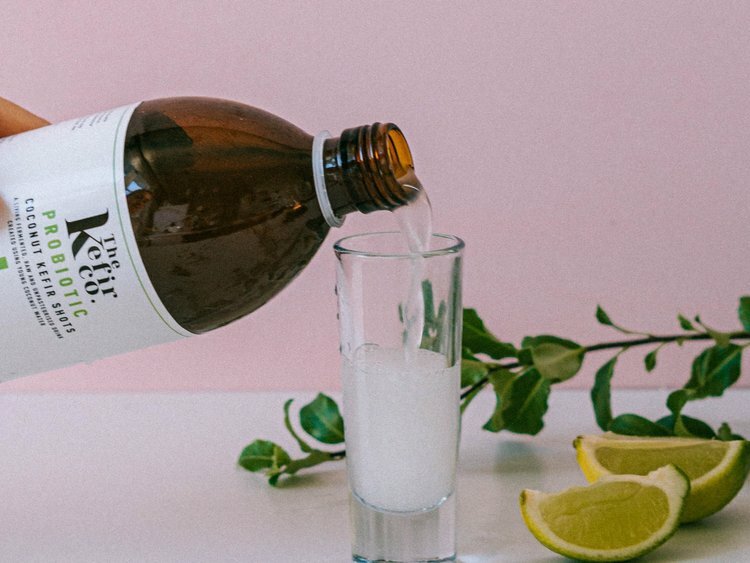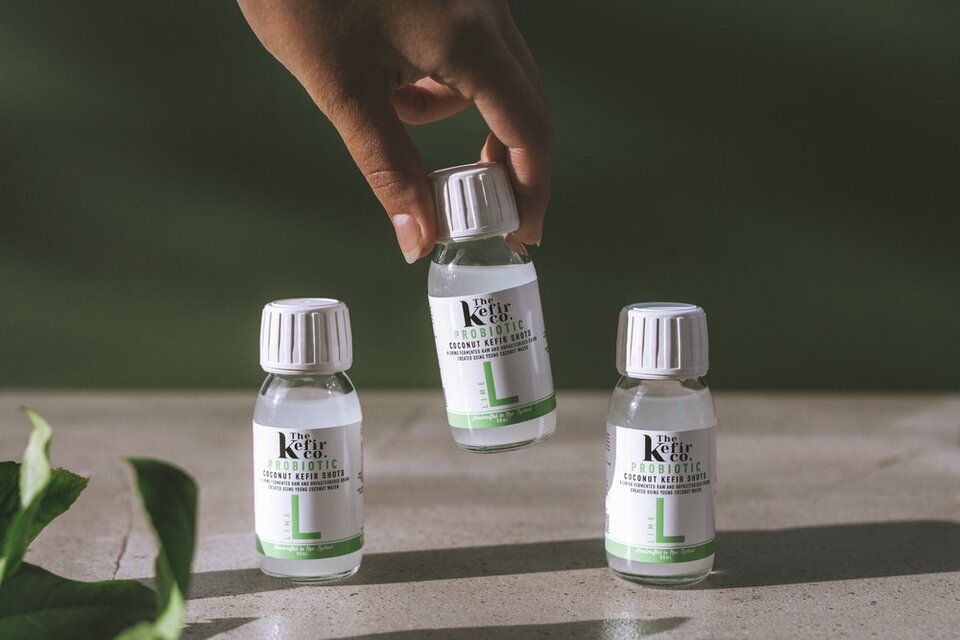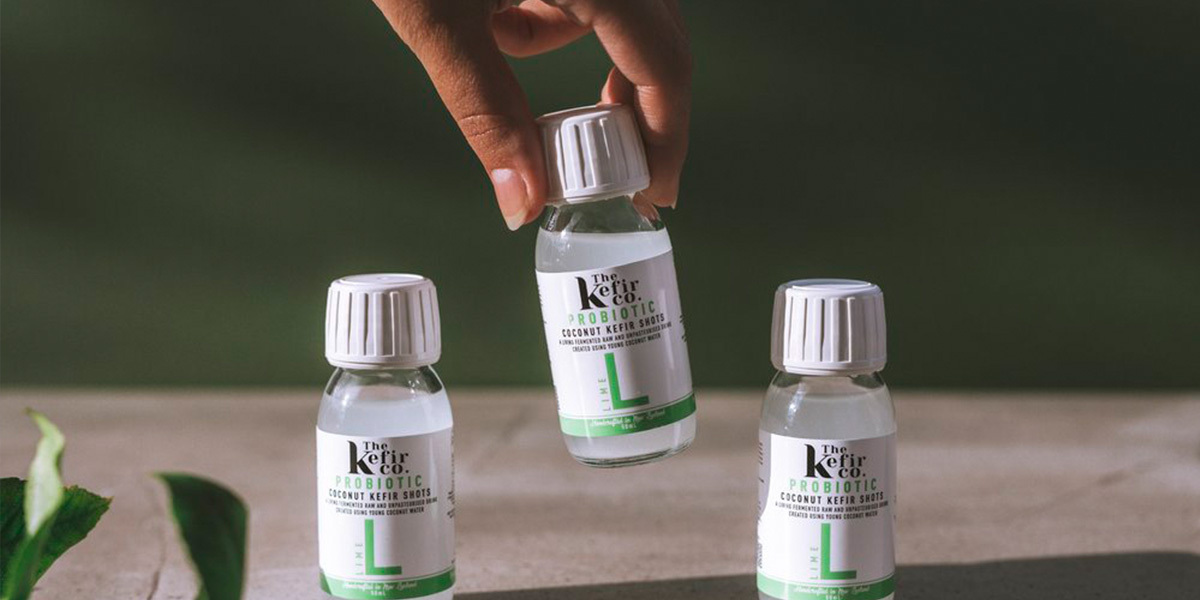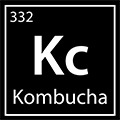Why Consume Kefir for a Healthy Gut
What is a healthy gut?
A healthy gut is a well functioning digestive system. Your digestive tract begins the moment you swallow food. It includes your stomach, your intestines, and your colon. It is the largest system in your entire body, and it is responsible for so much more than just digestion.
Picking a diet adequate in whole fruits and vegetables, legumes, and lean protein is the best way to ensure you maintain a healthy gut. These healthy foods in your diet will directly impact your gut and will promote excellent health.
Avoid dining out more than twice a week, the meals served at a restaurant may be delicious, but they will never be as healthy as a home-cooked meal. Ensure you drink plenty of water because dehydration strains your colon and can lead to constipation.

Why is a healthy gut important?
A healthy gut is critical for excellent health. Your digestive system needs to properly digest foods to absorb essential nutrients and minerals to keep you alive and well. When you are unable to absorb nutrients, you are at high risk for nutritional deficiencies and your immune function decreases.
Emerging research has indicated that your gut and your brain are in direct communication. During healthy digestion, biochemical reactions in your gut signal your brain to create serotonin, your happy hormone. People suffering from mood disorders have decreased gut function, and it makes it harder to feel good.
How do I know if I have an unhealthy gut?
The most obvious signs of an unhappy gut include bloating, excess gas, and a change in bowel routine habits. Other people will observe changes in appetite and increased prevalence of acid reflux. If you eat a portion of food typical to your diet but then feel poorly afterwards, it is a solid indicator your gut's ability to efficiently digest has declined.
Unmanaged stress levels are the most prevalent contributor to an unhealthy gut. During bouts of high stress, your body is unable to naturally replenish healthy bacteria in the intestines. Without adequate bacteria, your digestive flora becomes unbalanced, and symptoms of an unhappy gut can take over.

Kefir and gut health
Water Kefir is a naturally fermented beverage. The fermentation of this product produces billions of gut-nourishing bacteria, which can restore your gut health. Kefir products have been consumed for thousands of years because our ancestors recognised the healthful benefits.
Consistency is critical for improving gut health. Introduce Kefir into your diet through small changes. Include a small portion of Kefir into your daily routine.
The kefiran is the postbiotic from kefir that promotes potential beneficial effects in the intestinal microbiome to the immune system.
How is Water Kefir Made?
Kefir is made through the natural fermentation process of combining grains and water, coconut water or dairy. Kefir cultivators combine colonies of different grains and the colonies contain different bacterial strains which ferment in the beverage, and the result is a rich probiotic.
The original recipe for Kefir is not confirmed. Scientists believe it was first created in Eastern Europe and have also documented its presence in Asia. The name Kefir can be translated from the Turkish word keyif, which means feel good after consuming.
Other health benefits of Coconut Kefir
Coconut Water Kefir is a rich source of calcium, magnesium, phosphorus and B Vitamins. Women at high risk for bone disease, such as osteoporosis, would benefit from including Kefir into their diet daily. It is an easy to use product, which will improve gut health and also satisfy your daily calcium requirements.
Kefir is an excellent source of protein. Protein builds muscle, repairs tissues, and builds hormones. Your gut is an extremely hormonally active part of your system. Picking high-quality protein sources will ensure your gut health remains unwavering.
I am lactose intolerant, can I still enjoy Kefir?
Yes absolutely! Coconut Water Kefir contains no lactose at all, so is completely safe for lactose intolerant and dairy free people.





